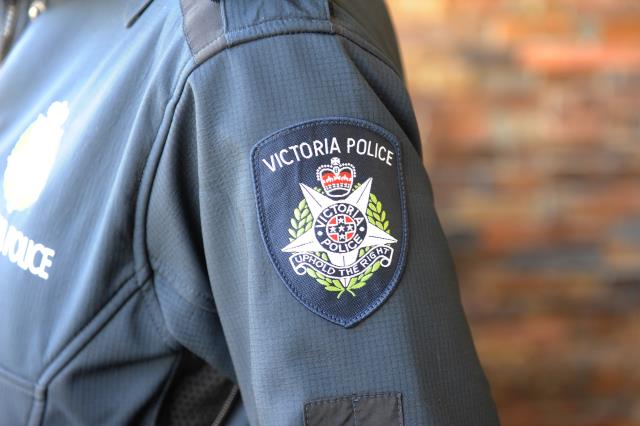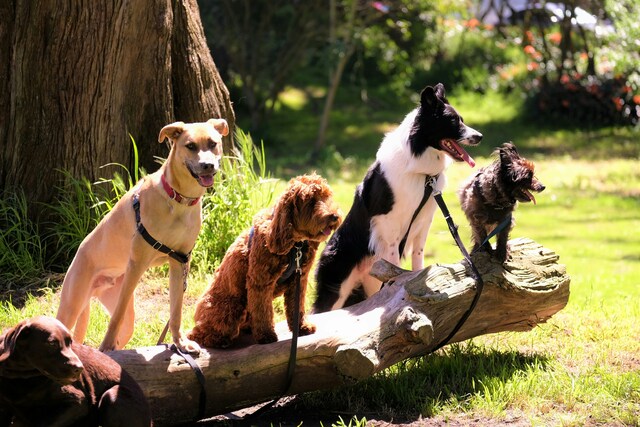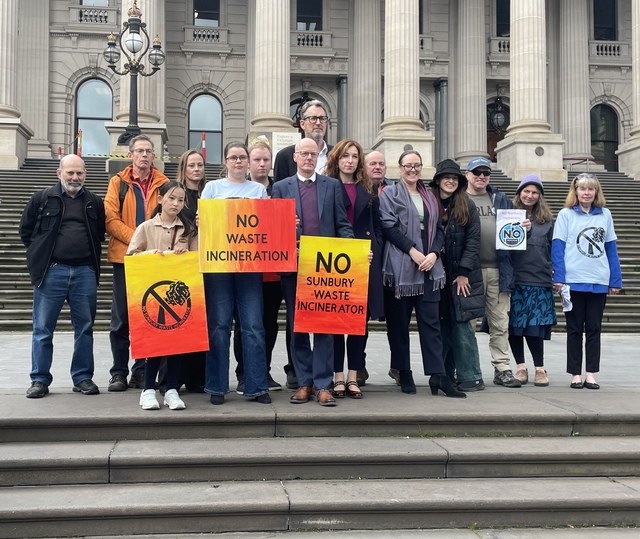More than 130 traffic offences were detected in the northern suburbs in a crack down on heavy vehicles.
Police intercepted more than 315 vehicles on Tuesday and Wednesday as part of the two-day operation which targeted heavy vehicle safety and compliance on freeways and major arterials.
Police conducted vehicle checks and drug and alcohol testing at static sites and used Automatic Numberplate Recognition Technology to scan more than 34,000 vehicles while roaming the area.
It focused on areas with high volume of heavy vehicle traffic, including Bulla Road, Calder Freeway, Hume Highway, Mickleham, Pascoe Vale and Somerton roads and the Tullamarine Freeway.
As a result of the operation, police detected six drug drivers, 21 speeding offences, 20 unroadworthy vehicles, seven mobile phone offences and 16 unregistered vehicles.
Police also issued a series of infringement notices to heavy vehicle drivers that had unsecured loads.
This included a truck driver who on Tuesday was found to be driving without a seatbelt on.
The next day he was randomly intercepted by police and was found to be driving without having properly secured his load. He also allegedly tested positive for cannabis.
The operation followed police intelligence which indicates there were 213 heavy vehicle collisions in the Fawkner area the past year, with main arterial roads recording the highest number of collisions.
The main issues Fawkner Highway Patrol have seen with heavy vehicles over the last year include industry compliance and speeding.
Fawkner Highway Patrol Senior Sergeant Megan Cartledge it was disappointing to see six drivers behind the wheel of a truck while on drugs.
“We all know this behaviour can lead to absolutely devastating consequences,” she said.
“Trucking companies and their drivers are responsible for ensuring compliance with National Heavy Vehicle Law – these standards are in place to ensure the safety of everyone on our roads.
“A heavy vehicle with safety issues creates an enormous risk to both the driver of that vehicle and other road users.
“While the majority do the right thing, we’re imploring drivers to check their vehicle is safe and loads are secure before taking to the roads. This simple action could save a life.”







